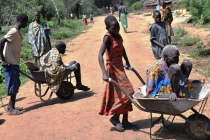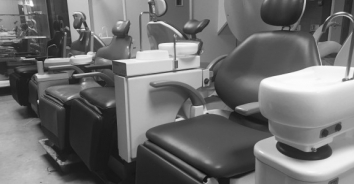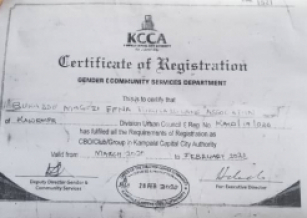UGANDA, Kampala - The future of students at the Makerere University dental school hangs in balance following a recommendation by regional medical councils that the facility be closed with immediate effect.
The decision was arrived at after two consecutive inspections that revealed that the dental school was running without necessary staff and equipment.
A July 1, 2019 report signed by the chairpersons of the East African Community (EAC) medical and dental practitioners councils stated that the school does not meet the minimum requirements to train students.
“The EAC joint inspection has recommended that the university stops new admission in the dental programme until these issues are complied with.
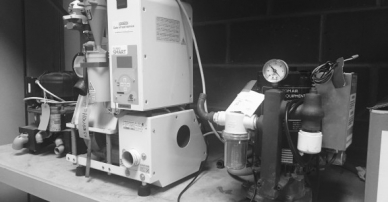
These are some of the cheaper machines on the current market, that can help this University.
The National Council for Higher Education(NCHE) and the Ministry of Education should redistribute the newly enrolled students of September 2019 to other approved dental schools. They should also prepare a mechanism of training the existing students in order to meet the minimum requirements,” the report stated.
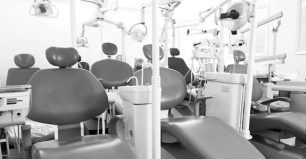
Britain seems to have so much equipments from the NHS that can be bought very cheaply so that this Makerere University hospital can start treating patients for a minimum fee.
The just-concluded inspection of the dental school is a follow-up of earlier recommendations by the EAC after they inspected all medical schools across the region in November 2015.
The report, exclusively seen by New Vision, revealed that most of the equipment was not operational, casting doubt on the quality of dental surgeons churned out from Uganda’s oldest institution of higher learning.
“The phantom laboratory has no running water and power. The dental clinic does not have a reception area and a room for patient triage,” the report stated.
It also lacks adequate facilities for storage of sterilized equipment, a dental compressor and a proper waste management plan.
The physiology laboratory lacks essential safety features such as shower, the report added.
It noted that during the previous inspection in 2015, the university was asked to set up various offices and units, including oral and maxillofacial surgery (specializes in surgery of the face, mouth, and jaws); restorative dentistry, community dentistry, and pediatric dentistry.
However, four years since the last inspection, there has been little effort to set up the facilities.
“There was no evidence of substantive heads of units and staff complement. The university must comply with the establishment of specialized functional units that are inadequately staffed with substantive heads in line with regional guidelines for inspection and recognition of dental schools and teaching hospitals in partner states,” the report said.
It stated that although the university was in the process of upgrading the school, there was no evidence on the roadmap to support the claim.
Even further, the university was asked to comply with the establishment of academic staff to a student ratio of 1:4, in clinical subjects. However, during the inspection, the dean of the school of health sciences, Prof Charles Rwenyonyi Mugisha is quoted to have said that the school recruited three members of the teaching staff. However, he was unable to provide evidence to this effect.
“The dean reported that the school has sent three tutorial assistants for training in Nairobi and Cairo. However, there was no evidence,” the report added.
MAK position
Prof. Umaru Kakumba the deputy vice chancellor of academic affairs assured the inspectors that Makerere was committed to quality improvement. He reiterated the commitment of the university management to cooperate and comply with the recommendations in order to ensure that standards are met.
Prof. Joel Okullo, the chairperson of the Uganda Medical and Dental practitioners Council, stressed that inspections would go a long way in strengthening the human resources capacity in the region.
The report is signed by Prof. Okello, NCHE’s Dr. Jennifer Twebaze and representatives of the medical councils from Rwanda, Uganda, Kenya, Burundi, South Sudan, and Tanzania.
Sources said the report was due to presented to the university management and relevant authorities for action.
